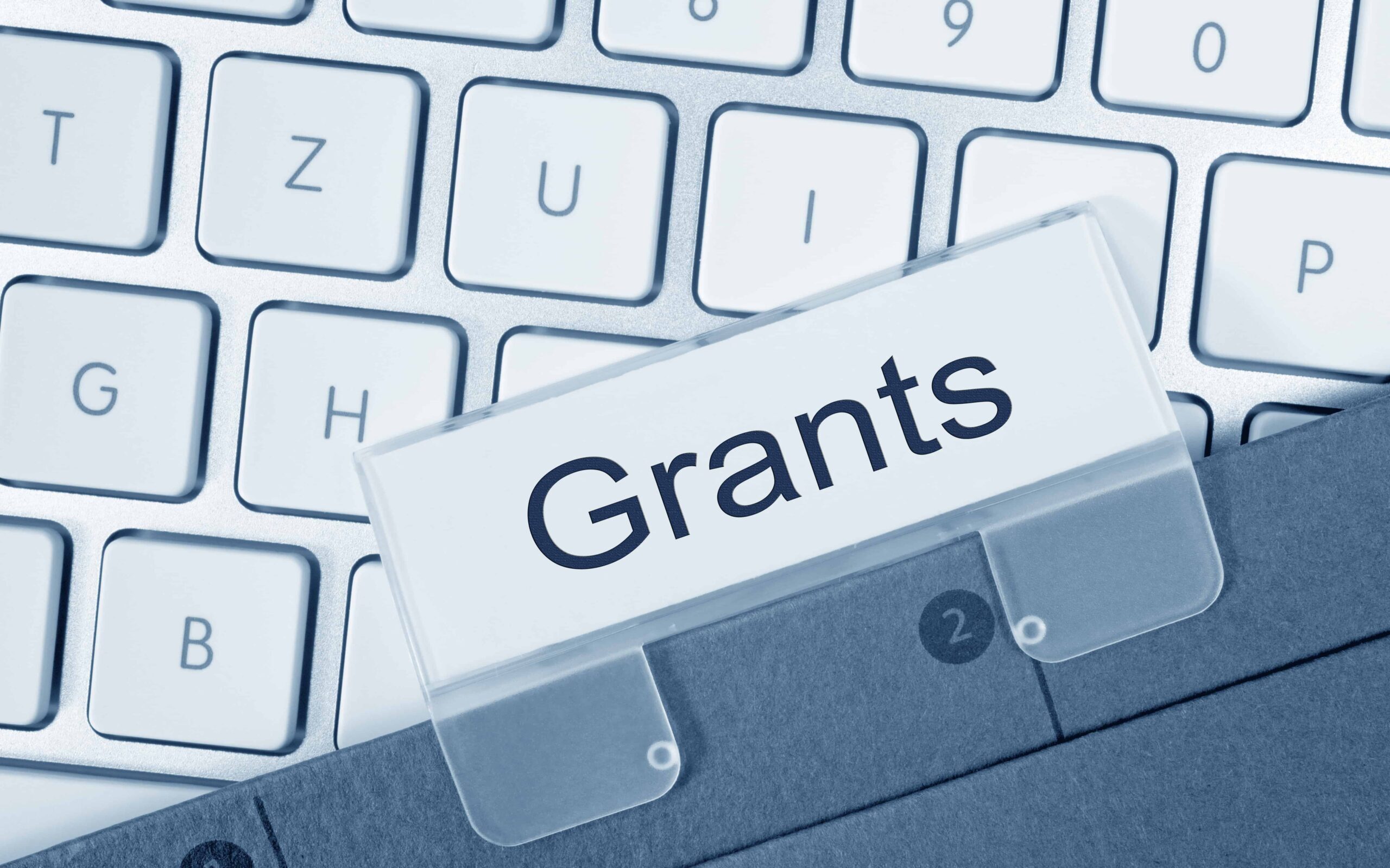Our mission at the Autism Research Institute is to support the health and well-being of people affected by autism through innovative, impactful research and education. Research grants are a critical part of our mission and we are pleased to announce that we are accepting one- to two-page letters of interest from qualified applicants now through June 15, 2023.
Letters of interest must include:
- Project title
- Abstract
- Total dollar amount of the grant request
- A description of the proposal’s relevance to ARI’s mission
Letters of interest are accepted via email at: ARIResearchGrants@autism.org
Timeline:
ARI will confirm receipt of your letter of interest via email within two days of arrival. We will notify those selected to apply on or before July 11, 2023, and we will begin accepting completed grant applications on or before August 15, 2023.

About ARI’s Research Grants
Purpose
ARI’s research grant awards provide early-stage funding for work that has the potential to develop into extramurally funded, scientifically significant investigations. Support focuses on new research areas for young investigators and new avenues of research for established researchers.
In 2023, ARI will fund research focusing on one or more biological aspects of autism, including medical and nutritional interventions, genetics, neurology, metabolism, immunology, and gastroenterology.
Investigations focused directly—or indirectly—on medical, metabolic, and nutritional aspects of ASD adults and/or ASD seniors are also eligible.
Funding Period
Funding is for 12 months; however, 18 months is allowed to complete the project. Renewal grants (continuation of the same project awarded in the previous year) may be considered only in exceptional circumstances.
Amount of Awards—Two categories of funding
- Exploratory, “proof of concept” study – maximum request is $20,000 (USD)
- Small-to-moderate scale study – maximum request is $50,000 (USD)
Priorities for Funding
ARI prioritizes funding for 1) start-up or seed efforts that represent new and promising research areas and 2) projects that are most likely to attract additional extramural funding. Proposals that include sensory processing and/or behavior assessments are also prioritized.
Allowable Expenses
The grant’s expenses may include equipment and operating costs, including supplies and materials. Salaries for laboratory personnel (e.g., mentored undergraduate and graduate students, post-docs, research associates) are also allowed but are limited to the grant year. Participation by ASD individuals in all aspects of the research project is encouraged.
No salary or compensation is allowed for faculty or the applicant. Travel expenses are not permitted unless justified as necessary for the research. Indirect costs are not covered.
Eligibility
University or Center faculty and post-doctoral students can submit one proposal per year as the Principal Investigator (PI). Applicants must be affiliated with an established research institution to qualify. Adjunct faculty, research assistants, for-profit companies, research associates, and visiting faculty are ineligible to apply.
Application Format
Please use a 12-point font and 1-inch page margins. The proposal must include:
- Cover (1 page)
- Narrative section (4-5 pages)
- Budget section (1-2 pages)
- Biographical sketch (2-page maximum for each investigator)
The narrative and budget sections should not exceed a combined maximum of 7 pages.
Review Process
ARI will adhere to the established guidelines of the National Institutes of Health. Proposals are distributed to highly qualified scientists possessing the experience and knowledge necessary to critically review the topic of each grant proposal. Each submission is scored for its strengths and weaknesses in the following categories: Significance, Innovation, Experimental Design, Investigator Qualifications and Overall Impact. Scoring is on a scale of 1 to 10 in each category with a score of “1” being the highest and “10 “the lowest.

